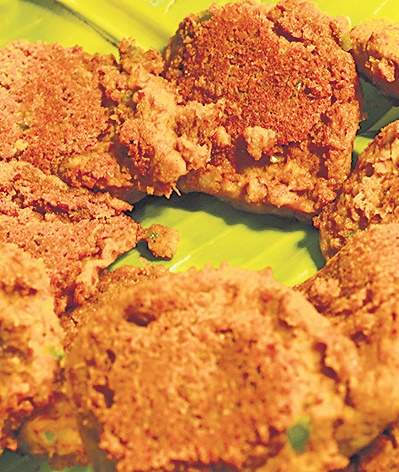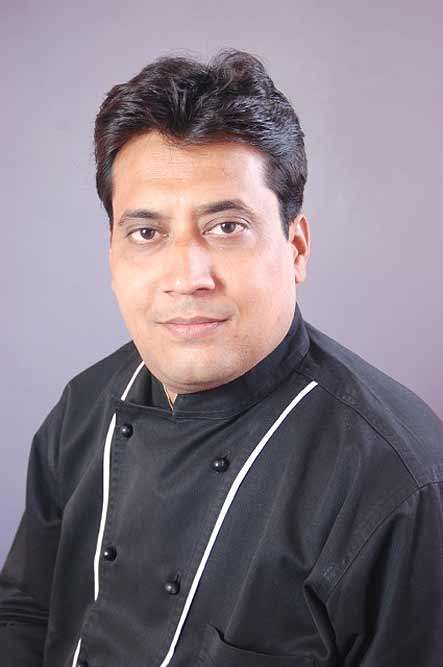Lucknow, UTTAR PRADESH :
Growing up in Lucknow meant chef Mujeebur Rehman heard many tales of kings, queens and the nizams.
Bengaluru :
Growing up in Lucknow meant chef Mujeebur Rehman heard many tales of kings, queens and the nizams. Since his great-grandfather worked in the royal kitchen, he also learned of the food the royals feasted on.
Many years later, we are treated to a replication of these fond memories as the chef and his team personally come down from Lucknow to give Bengalureans a taste of Awadhi food, at JW Kitchen, JW Marriott Hotel.
It’s a good thing we went on empty stomachs since the buffet didn’t seem to end. We started with soups -–Gosht Arq Shorba and Shorba Bhune Badam Ka. Both the vegetarian and non-vegetarian soups were just the right consistency – not too watery, not to thick, just perfect. What’s Awadhi food without some kebabs? Both the non-vegetarian starters – Murgh Tikka Mirza Hasnu and Galawati Kebab – were a hit. In the vegetarian variants, surprisingly, the Kale Chane Ke Asharfi shone brighter than the Paneer Tikka Achar Masala. It was, however, quite the challenge to not load our plates with just the kebabs and leave room for the rest of the dishes.
In mains, the vegetarian dishes comprised everything. However, it was the Nawabi Baigan Bhurta and Lahsunni Zeera Bhindi that stole our hearts. And made their way to our stomachs as we scooped up seconds on to our plates. Who knew the vegetables we often ignored would turn out to be our favourites?
Among the non vegetarian dishes, the Lagan Ka Murgh and Bong Zafrani Nehari were softer than imagined, each bite melting in our mouths, but not before exploding in vibrant flavours, leaving behind a tinge of a smoky aftertaste. We learn that this has more to do with the technique of cooking – slow cooking. The food is cooked on a low flame to let the flavours develop longer. The dhungar process (pouring ghee or butter over live coal and then placing a bowl of this with the dish as it cooks) gave the food a distinct rusty flavour that instantly won us over.
To conclude this royally gastronomical affair, we ended our meal on a sweet note with the Sheer Khurma and Doodh Ki Kheer. The cold kheer complemented the warm khurma well and we were left looking forward to the deep slumber only a good, satisfying meal can induce. The buffet will be served at JW Marriot Hotel, Vittal Mallya Road, till November 4, 2018. Costs: `1750 ++ for adults and `875 ++ for kids
source: http://www.newindianexpress.com / The New Indian Express / Home> Cities> Bengaluru / by Express News Service / November 02nd, 2018










